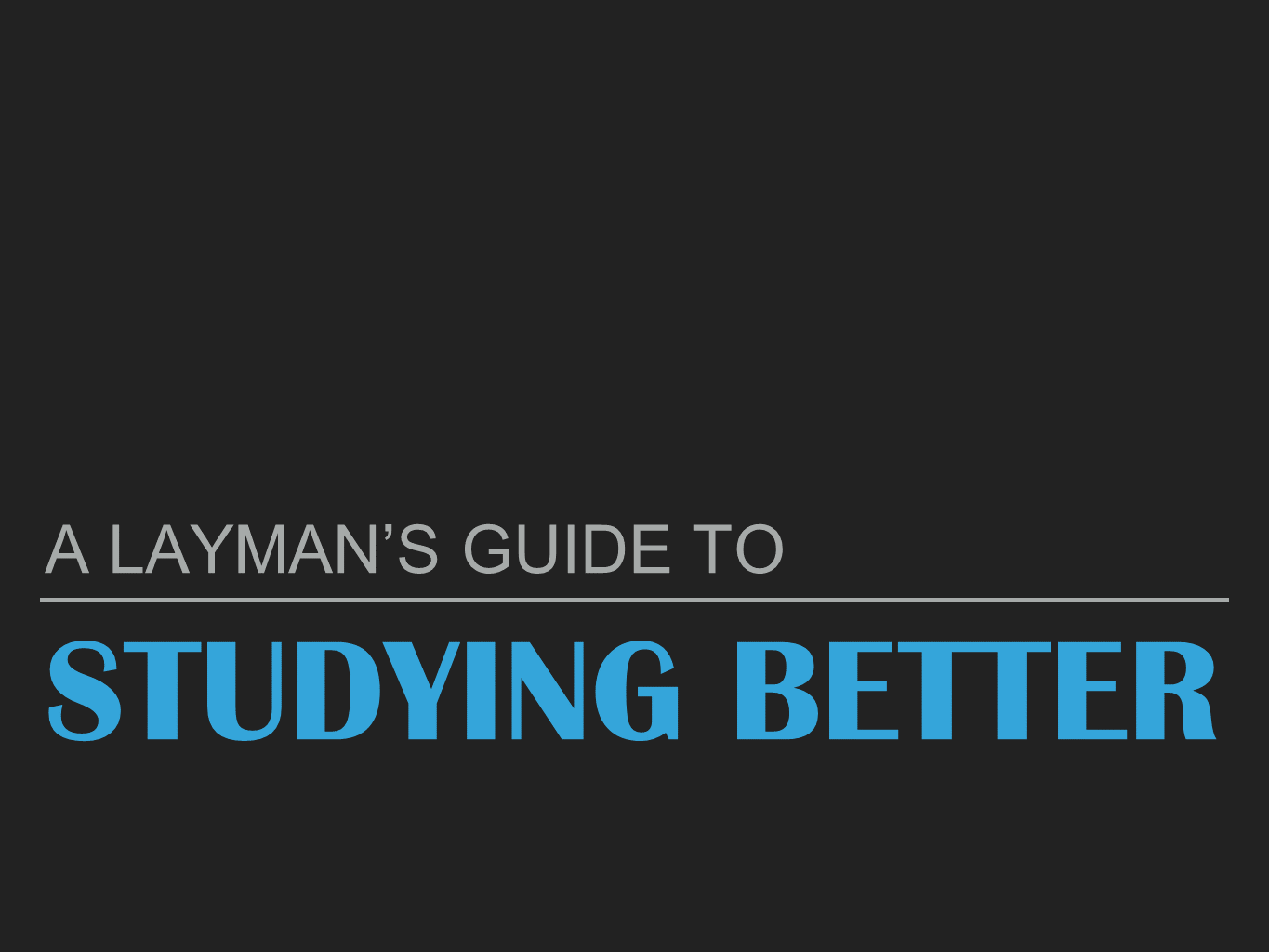 There are so many ways to get to a destination and when your destination is your graduation, the more you have to take studying matter seriously. We have compiled some good tricks from the students and teachers alike to help you bring your groove back in studying.
There are so many ways to get to a destination and when your destination is your graduation, the more you have to take studying matter seriously. We have compiled some good tricks from the students and teachers alike to help you bring your groove back in studying.
Here are some tips to studying better for graduating and still aiming students.
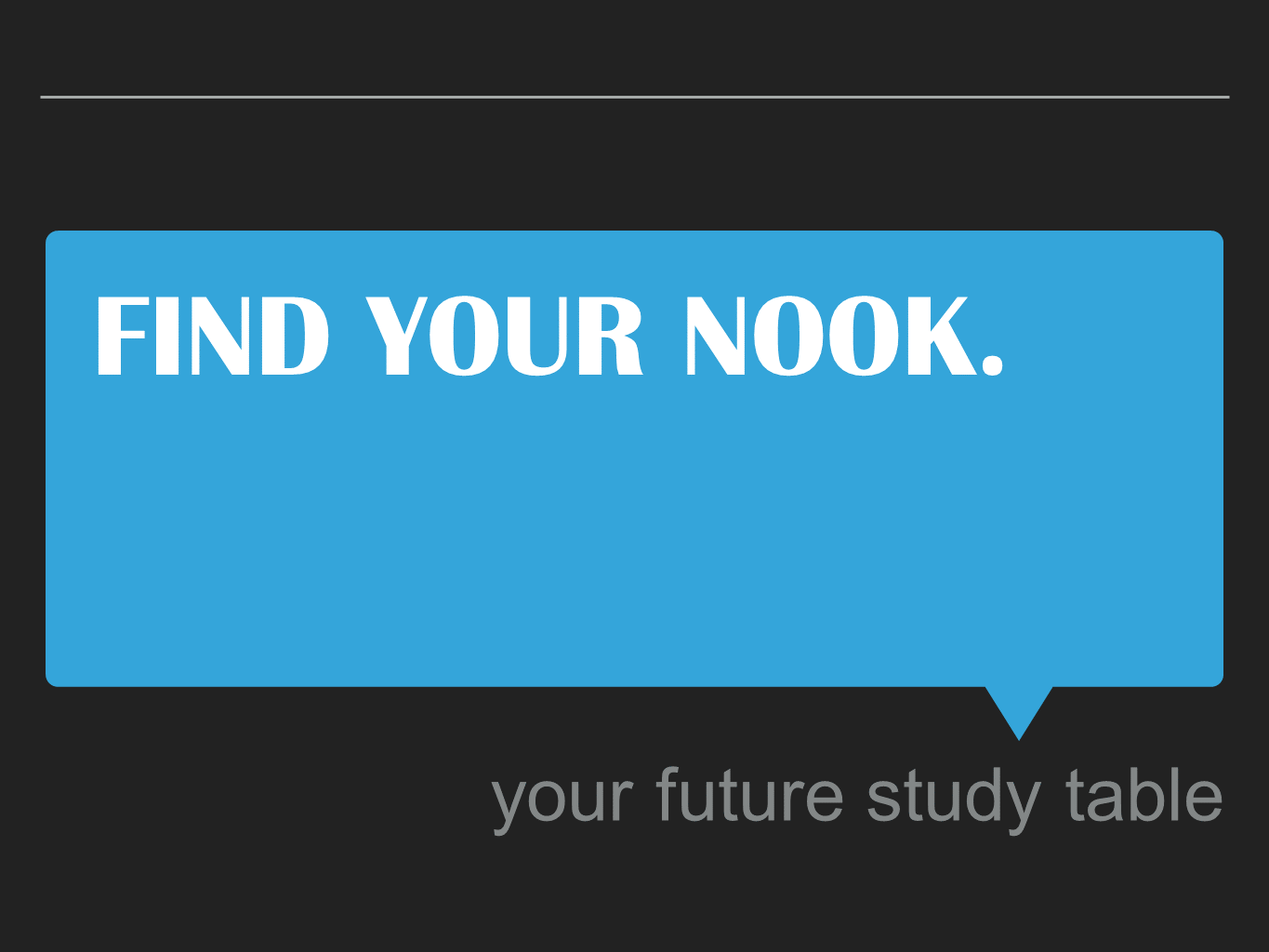
Having a best study table does not mean studying better. Like having a good rest, studying and retaining information also need some comfortable space. It can be a spot in the garden, a cafe, the library, or the local park. Just remember, your nook should be well lighted to amp up your studying genes. According to to a study by Sleegers and colleagues in 2012, more dynamic light systems (or basically light that suits your current need) increases the concentration of the students. Find a nook that gives you a better posture and comfortable light.

That feeling of cramming all the semester’s information inside your head in one sitting is not good for your exams. A lot of students do complain that cramming, although useful for some, actually causes them to have mental blocks during exams. So be easy on studying. The best way remember more is to practice refreshing every night. After a whole day of lecture class, scan your notes before you sleep and read some key points out loud. You just made a very good activity to lull you to sleep.
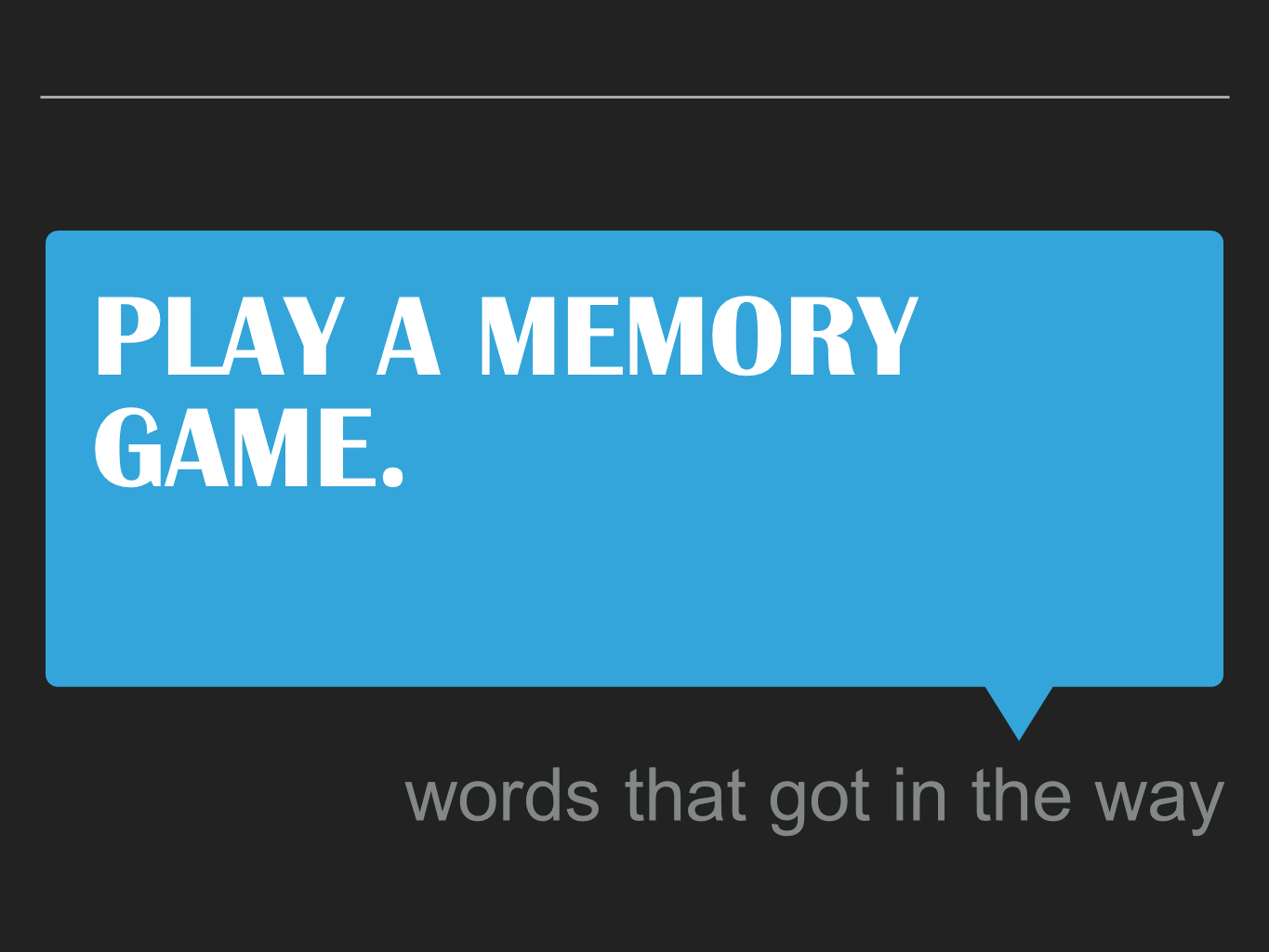
Ahh. The good old scenario. You happen to bump at a question you certainly know the answer and unfortunately, the word is at the tip of your tongue. This situation may be a sign that you weren’t able to fully digest what you have studied the night before. Many counselors often suggest to just relax and calm down, but it would be useless if your memory is equivalent to 400 kb each side. Why don’t you train your brain? Have around ten words from your notes. Try to memorize the listed words in around 3-5 minutes before listing down the words you remembered. Most people with better memory often get more words right and be able to memorize more words given the same amount of time. Try to do this twice a day and check whether its good or bad for you. You see, it only takes 5 minutes.

Learning to memorize and understand some very common and useful Greek and Latin prefixes and suffixes is not an easy task to do but we agree that when we encounter some unknown words in an exam we often look for their meaning by syllabicating them. Start with the words you know already and try to dissect it one by one. Maybe you can do 5 words a day. Remember the meaning of each part of the words you are dissecting. There’s no rush.

Do you have dictionaries with you when studying or just reading a novel? If you don’t have, then you might want to buy one or download from Google play (if you’re an Android user) or iStore (if you are an Apple user). It is free and very reliable and it has games inside too. Having a dictionary does not only help you find words, it also increases your vocabulary and diction (your use of words). Having good amount of words that you can understand and definitely use does not only make your essays beautiful sounding but also concise and understandable.
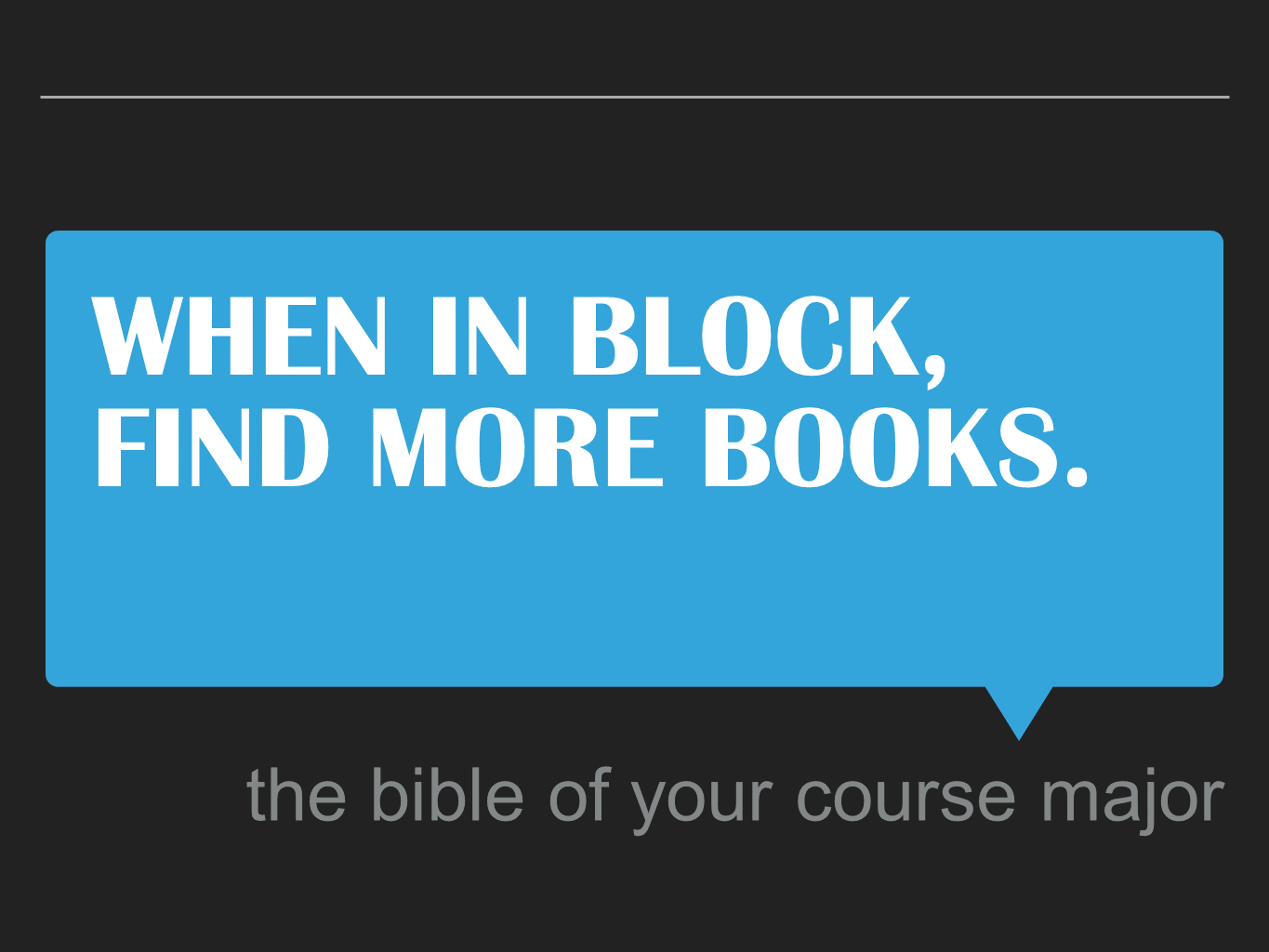
There are times that as we study, we often find ourselves at lost in a question with an answer that cannot be found in the modules or notes. This is where your learning centers and libraries come into play. Having good amount of reliable references in answering a question does not only give you confidence that you’ll get a good score but also the respect of your teacher. Books are essential references. They are those highly peer reviewed, highly researched material, that often contain more understandable inputs.

Internet is a great place for students and reviewers too. But why is internet considered dangerous in studying at times? It has a huge number of unfiltered information that shouts truth when it may need some referencing to be considered valid. Internet is good place to answer your study questions but be sure to know where to get reliable information.
The internet is also a great place in interacting and finding your answers by talking to people. Have you tried Quora? It is a great place to ask people with credentials about topics you most likely have questions with. Aside from that, look for articles in credible sites like ISI credited websites and data hosts.
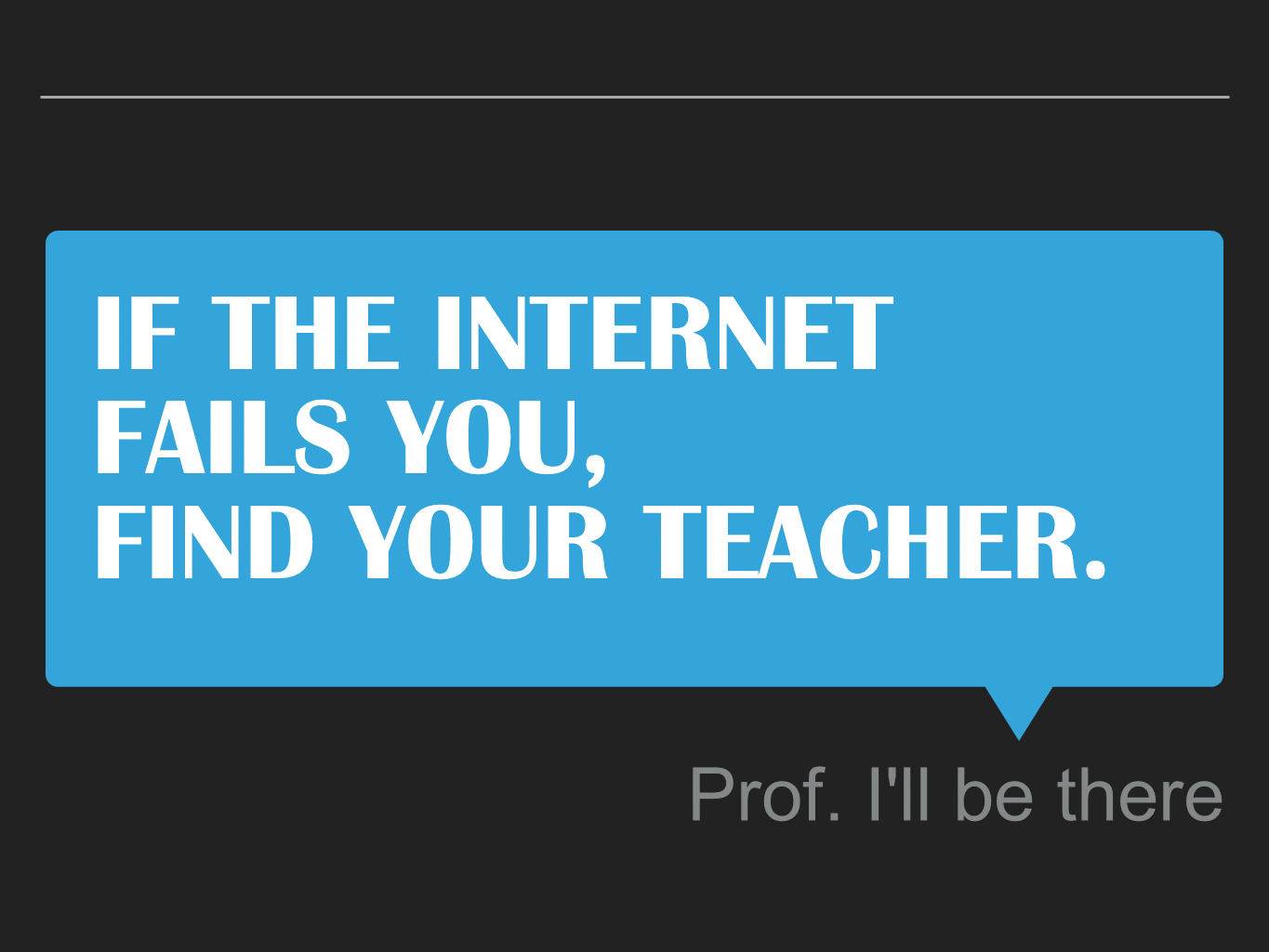
Lastly, if at one point of your studying you can’t understand both your books and the internet, it is high time that you reach out to your teacher. There’s no way a teacher can say no to a student in need of guidance (don’t ask for your assignment’s answer of course). Teachers often reserve consultation hours which you can definitely use to talk and clarify some points in your discussion which you missed or did not fully understand. Teachers are there to help you out. They might be even thankful that you are studying well.

